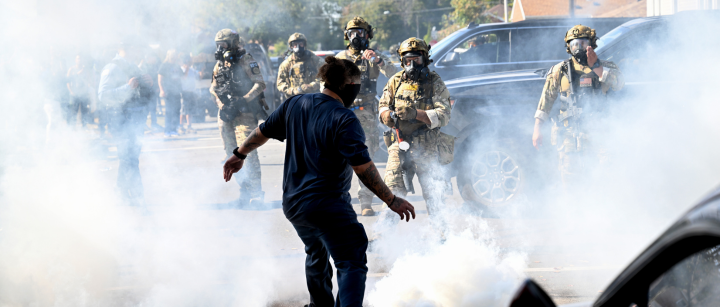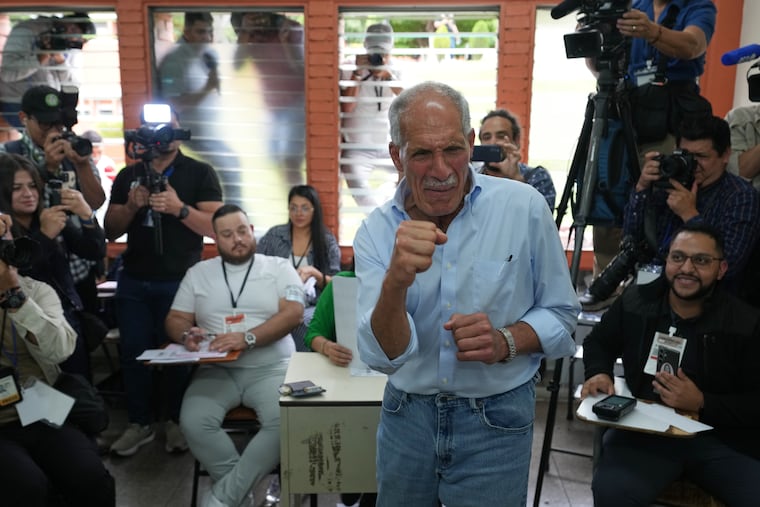National Guard Deployment in Portland and Chicago: Questions and Answers on Trump’s Actions

In a recent press conference, former President Donald Trump asserted that crime has emerged as a central theme in his 2024 presidential campaign. During remarks on October 15, he expressed astonishment at the federal government’s intensified actions in urban areas, claiming these efforts are part of a wider strategy to combat crime. This strategy includes a controversial approach of deploying military troops to cities such as Portland and Chicago — a decision met with resistance from local officials.
Trump has frequently highlighted crime in Chicago, referring to it as the “murder capital of the world.” However, analyses indicate that while Chicago grapples with a significant number of murders, its violent crime rate does not top the national statistics, and the homicide rates have shown a downward trend this year. Such misleading characterizations detract from the city’s progress and the relentless efforts of local law enforcement to improve community safety.
In Portland, Trump’s administration has described the local climate as being overrun by what he calls “antifa thugs,” asserting they have conducted violent attacks on federal agents and property. Nevertheless, numerous reports have depicted the situation as largely contained and peaceful, with a notable decline in protest-related violence. These mixed narratives highlight a disconnect between the administration’s rhetoric and on-the-ground realities.
In the backdrop of this federal deployment, Secretary of Defense Pete Hegseth mobilized approximately 200 National Guard troops from Oregon and 300 from Illinois to tackle what the administration described as a pressing need for enhanced security measures at federal facilities. This move has drawn criticism from state governors who argue that federal intervention only serves to escalate tensions rather than mitigate violence.
Legal experts note the invocation of the Insurrection Act, which allows the president to deploy federal troops, may not align with the circumstances presented by the Trump administration. Courts across the country are currently evaluating the legitimacy of the government’s claims regarding public safety and the perceived threats that justified military mobilization. Recent rulings, including a temporary restraining order issued by a federal court, underscore the judiciary’s hesitance to endorse the deployment based on the evidentiary support provided by the federal government.
The unfolding situation in both cities underscores the complex dynamics of governance, public safety, and civil rights. While intentions to enhance security remain paramount, the approach taken must consider the voices and needs of the local communities involved. The deliberative checks and balances within the U.S. legal system thus play a critical role in shaping the future of federal involvement in local law enforcement.
The developments in Chicago and Portland exemplify the multifaceted nature of urban crime and safety, where local communities, law enforcement, and federal policies must work in concert to foster security and cohesion.
#PoliticsNews #MiddleEastNews






